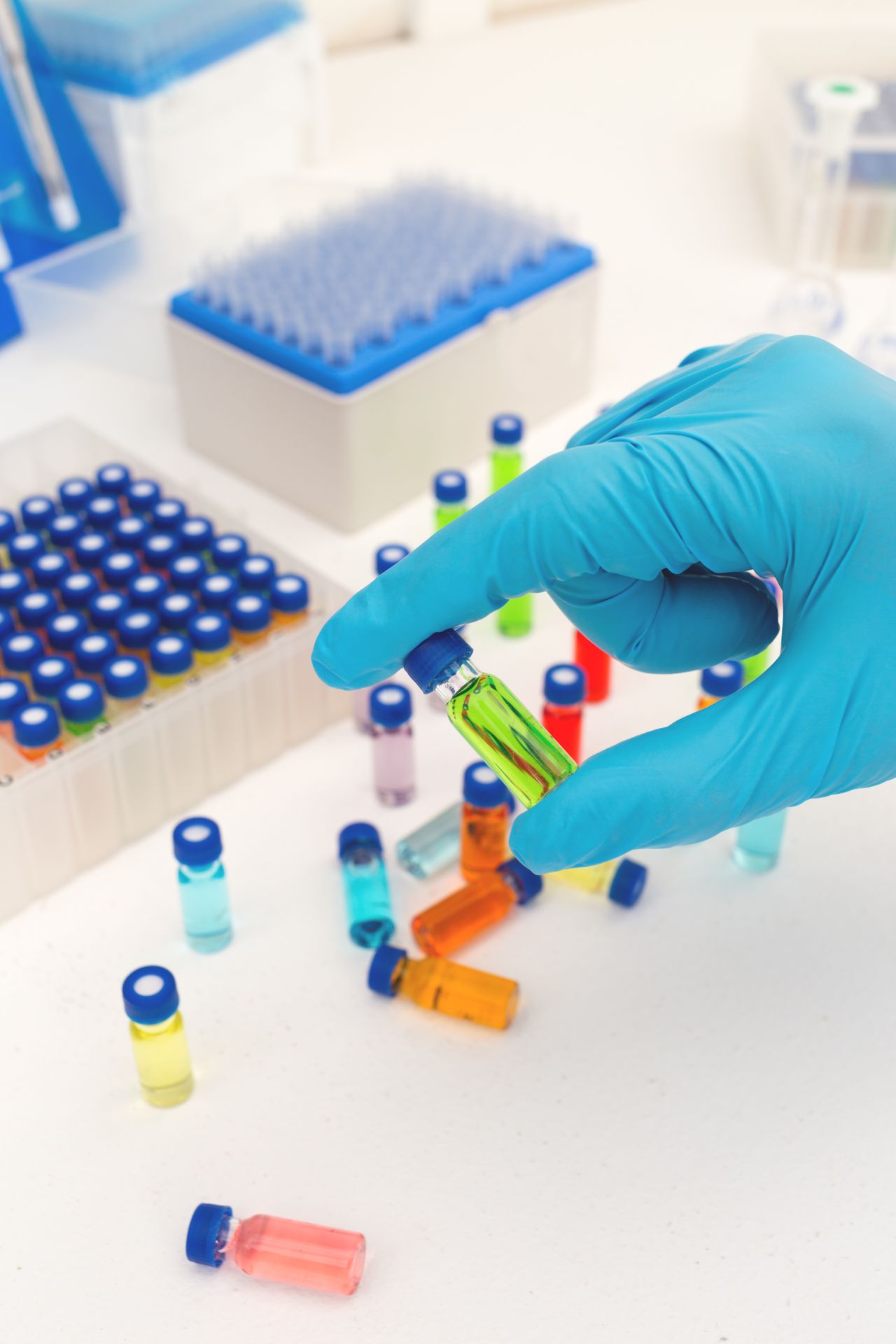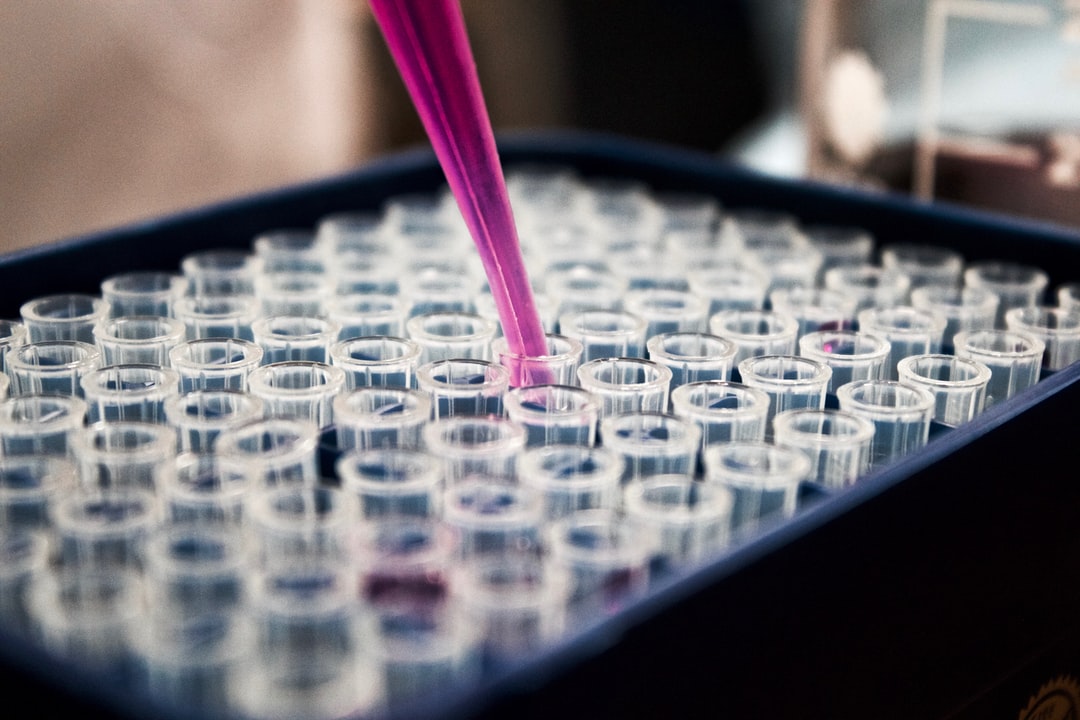THE COMPANY
thromboDx BV is a molecular diagnostics company that develops and commercializes blood-based diagnostics through its proprietary platelet-powered technology platform and has its offices in Amsterdam, The Netherlands. The technology platform addresses the need for an easily accessible, minimally invasive source for high quality disease-specific nucleic acids in several markets. thromboDx BV targets three major markets:
1. Cancer Diagnostics
2. Infectious Disease Monitoring
3. Prenatal Testing
thromboDx BV is embedded in an excellent scientific and clinical infrastructure at the Cancer Center Amsterdam that allows rapid access to patient cohorts and clinical studies. Medical diagnostics and oncology are key focus points and the company has access to top end infrastructure and labs for its scientific work. Collaborations have been established with several research groups at Cancer Center Amsterdam, the University of Umea in Sweden and with Harvard Medical School and Massachusetts General Hospital in Boston.
SCIENTIFIC ADVISORY BOARD
thromboDx is currently working on installing a Scientific Advisory Board.
We hope to be able to announce more in the near future.

PLATELET BIOLOGY
In recent years, a variety of technologies that have the ability to detect disease-specific nucleic acids with the aim of diagnosing disease and therapy selection have been launched. Despite the potential of these platforms, the major hurdle is to obtain easily accessible nucleic acids for analysis, in a non-invasive way, in particular in the field of oncology. Therefore a new search for novel sources of tumor-derived nucleic acids is urgently needed to improve the accessibility and usability of current technologies.
Thrombocytes, or blood platelets, are small, irregular shaped cell fragments that circulate in our blood, and play a role in haemostasis, especially in the formation of blood cloths. Blood generally contains 200-500 million blood platelets per milliliter, which makes platelets a highly available material for research and clinical use. Moreover, blood platelet isolation is relatively simple and is a standard procedure in blood bank/haematology labs. Since platelets do not contain a nucleus, their RNA transcripts – needed for functional maintenance – are derived from megakaryocytes during platelet origination, all other RNAs are acquired during platelet ciculation. Platelet RNA can be readily isolated and subjected to genetic analysis.
We discovered that blood platelets have the ability to ingest nucleic acids, including tumor RNA, providing a safe haven for circulating disease-specific nucleic acids. We demonstrated that tumor RNA markers can be readily detected in blood platelets of cancer patients, in contrast to healthy donors, following the expression pattern in corresponding tumor tissue tissue biopsies. Bioanalyzer results and genome-wide gene expression arrays and RNA Seq revealed RNA of high quality.
It is established that tumor cells can release nucleic acids such as RNA and DNA into the circulation via a variety of mechanisms. Interest in platelets and their ability to interact with intravascular components and tumor cells have enticed several groups to pursue the use of platelets as a source for cancer biomarkers. However, any role of circulating disease-specific nucleic acids in platelet biology remains to be investigated.
Besides nucleic acid uptake by platelets, it was reported that platelets can efficiently release pro-tumoral RNA-containing microvesicles themselves, potentially accounting for more than 50% of all microvesicles present in blood. Thus, the spread of nucleic acids by tumor cells via platelets provides a strategic opening for cancer surveillance.

INFECTIOUS DISEASES
Blood platelets can provide a reservoir for nucleic acids derived from infected cells, including viral, bacterial, and fungal RNA and/or DNA nucleic acids. We are actively seeking partners for the co-development of platelet-powered diagnostics of infectious diseases.
Sales of molecular diagnostic tests for infectious diseases generate approximately 60% of overall molecular diagnostics market revenues, and primarily include tests for human immunodeficiency virus (HIV), HPV, hepatitis B and C (HBV/HCV), and chlamydia and gonorrhea (CT/NG). Beyond HIV, HPV, HBV/HCV, and CT/NG, companies are quickly introducing molecular diagnostic tests for many other infectious disease indications:
Including West Nile Virus, Clostridium difficile (C-diff), methicillin-resistant Staphylococcus aureus (MRSA), respiratory syncytial virus, influenza, pneumonia, Trichomonas vaginalis, genital mycoplasma, herpes simplex virus, norovirus, rotavirus, tuberculosis, and meningitis. Among these, the two tests for diagnosing nosocomial infections, or healthcare-acquired infections (HAIs) – C. Diff and MRSA – have witnessed the greatest level of adoption.
PRENATAL
Maternal blood platelets can provide a reservoir for foetal nucleic acids. We are actively seeking partners for the co-development of platelet-powered prenatal diagnostics.
Prenatal nucleic acid testing has been a fiercely contested market. US prenatal testing was a $1.3 billion market in 2010 of which prenatal diagnostic testing generated the remaining 25%. The clinical utility of microarrays and sequencing in prenatal applications will lay the foundation for tremendous growth in the prenatal diagnostic segment in the years to come.
There are currently only a few major players in the market that mainly focus on detecting trisomies and other aneuploides. Most of these tests are blood-based, but none are based on detection in blood platelets. The market for nucleic acid-based prenatal screening now provides a billion dollar opportunity.
